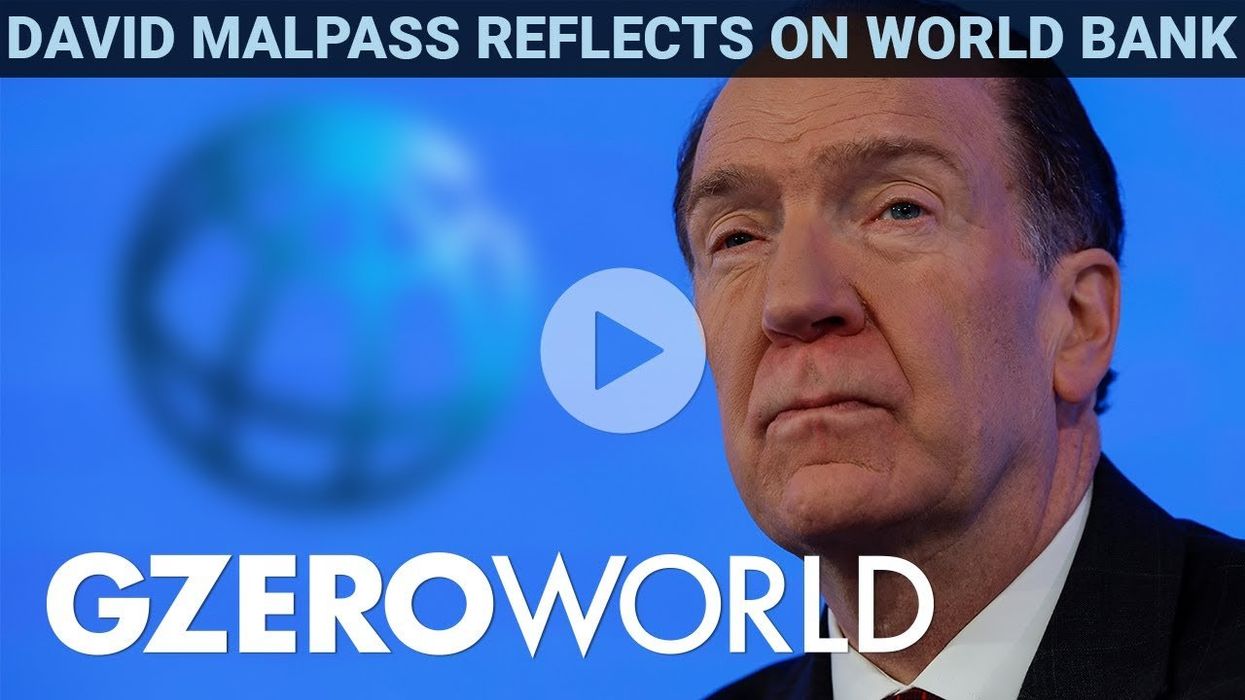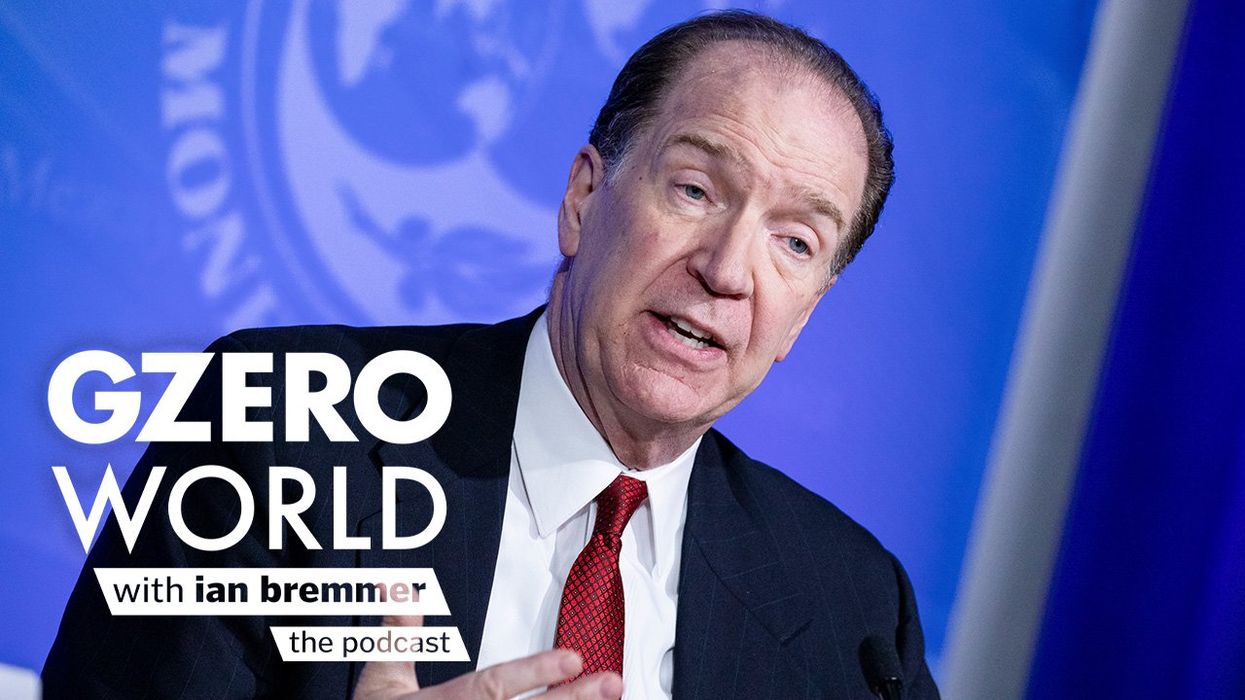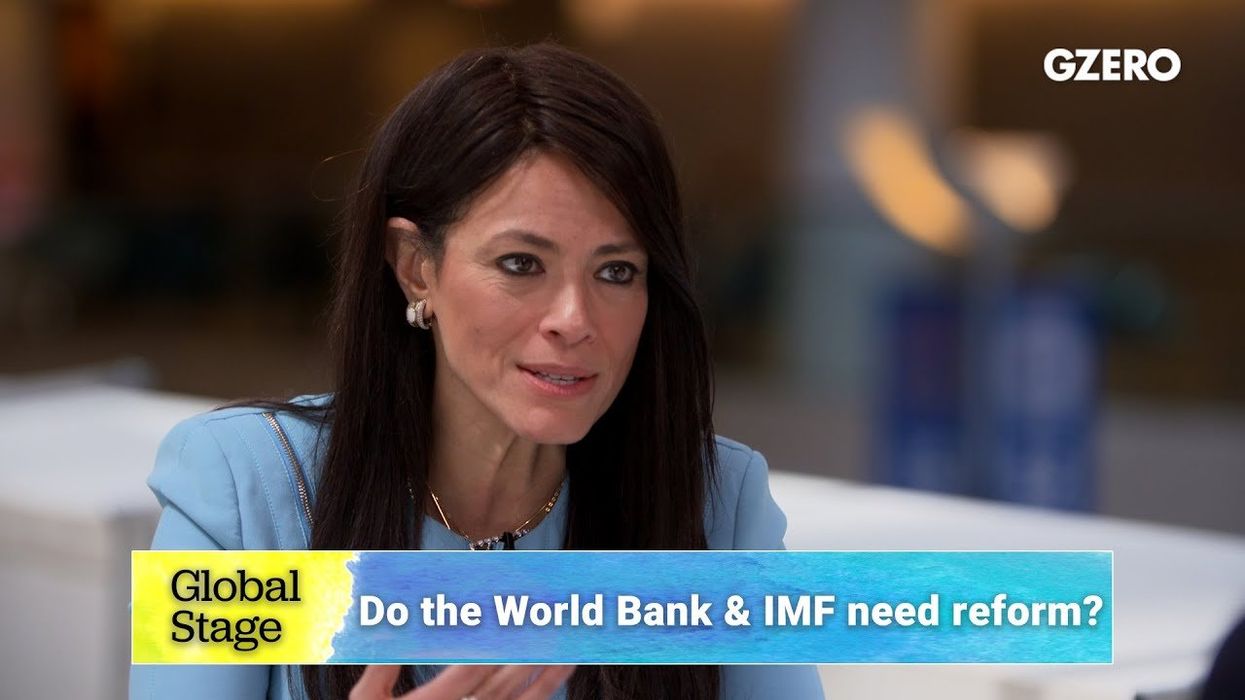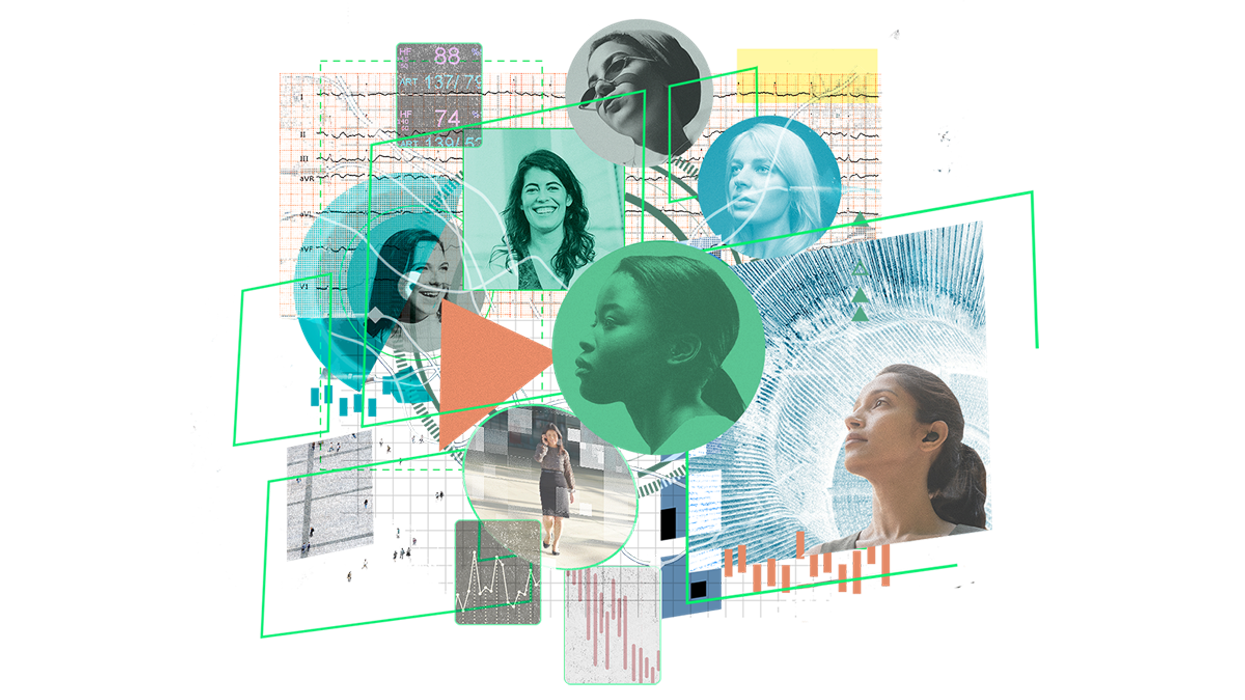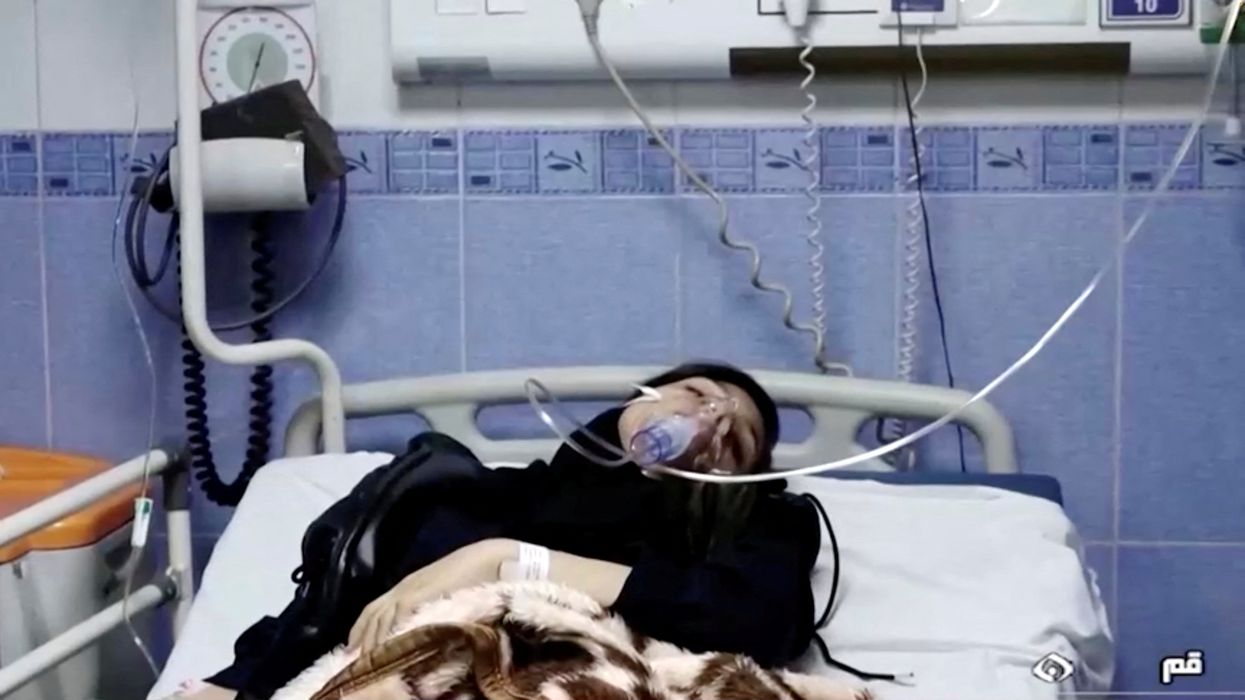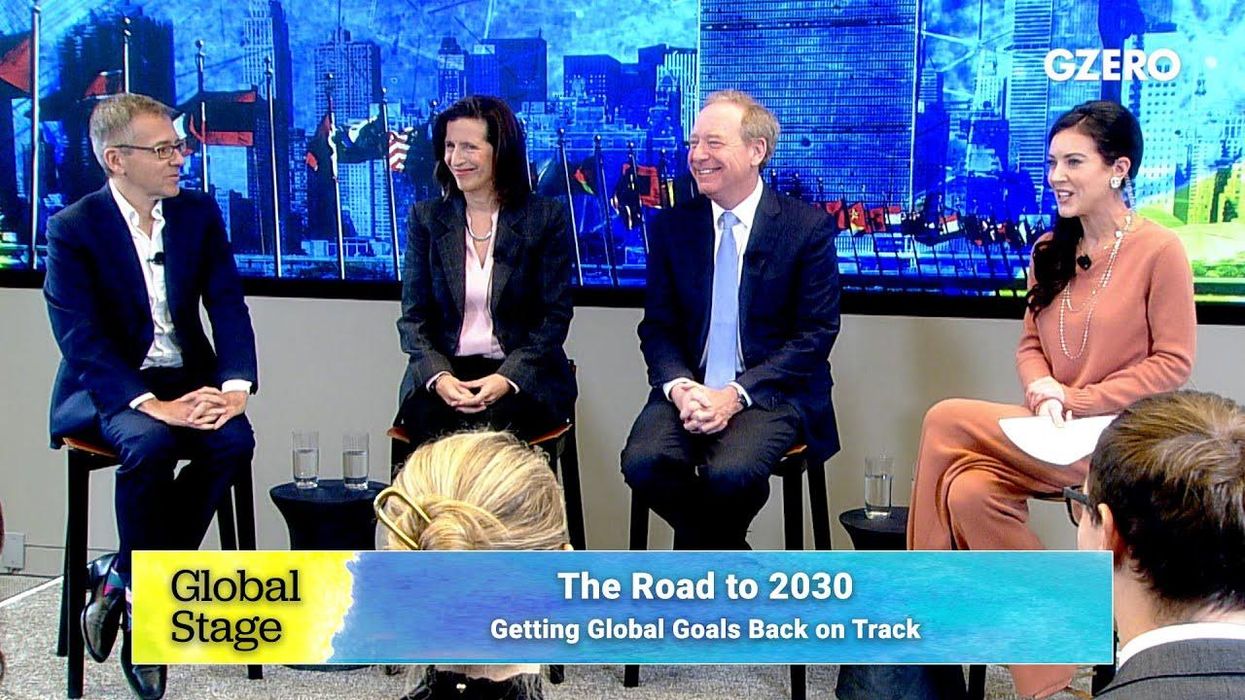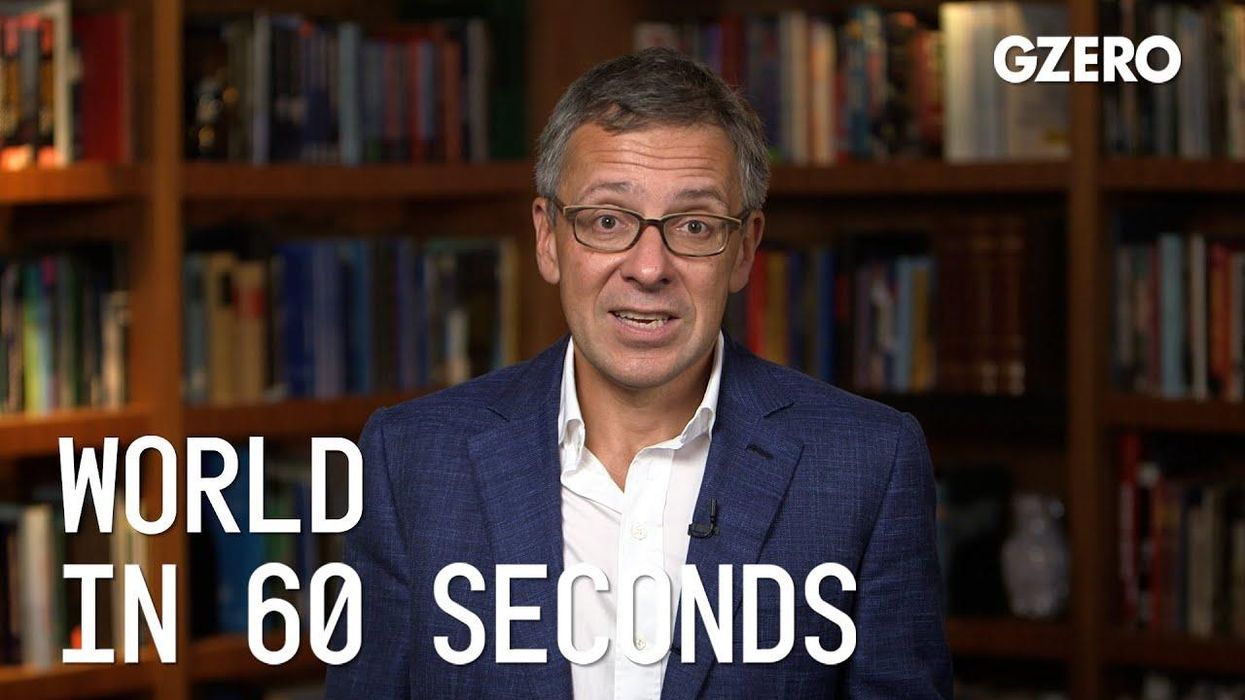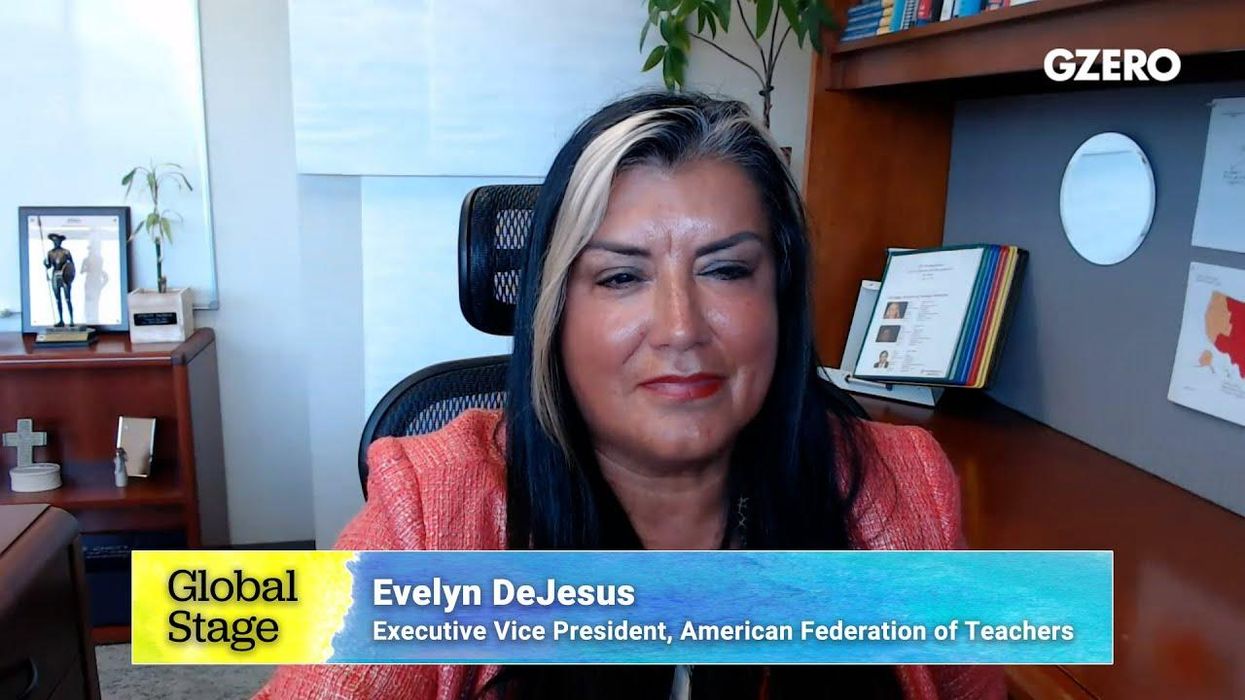GZERO World Clips
David Malpass' advice to World Bank successor: time is short
In his final interview as president of the World Bank Group, David Malpass spoke with Ian Bremmer on GZERO World to reflect on his time leading the global development organization and to share his advice for his successor, Ajay Banga.
May 30, 2023
